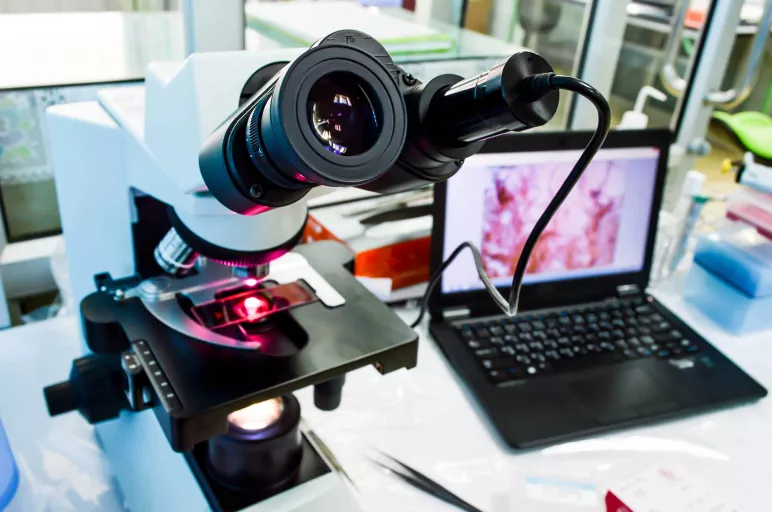
Adoption of Internet of Things in Pharma Manufacturing
October 04, 2017 | Pharma and Life Sciences
Overview
Pharmaceutical companies are adopting Internet of Things (IoT) technologies in their manufacturing plants to achieve optimization and improve efficiency of their machines and processes. Earlier techniques for synchronization of data was time-consuming and highly susceptible to human error. Different data formats used in a manufacturing plant for different processes made data access and its interpretation a barrier for effective communication. IoT technologies facilitates standardization within a facility by connecting equipment, networks, and systems to share information across the plant floor.
Implementation of IoT in Manufacturing Plants
Pharma companies use IoT technologies to get access to real-time data and visibility of operations throughout the manufacturing process—from production through distribution. Johnson & Johnson adopted IoT technologies to get FDA approval for shifting Prezista, an HIV medication, from batch to continuous manufacturing. The sensor technology adopted by J&J allowed them to eliminate the need for separate testing and sampling steps in the manufacturing process. IoT enabled those separate processes to be interlinked, thereby ensuring data integrity. Thirty percent of the top 20 pharma companies have adopted IoT technologies in their manufacturing process at some level. Pfizer is using IoT, along with other technologies, to establish an integrated manufacturing process across 25 of its manufacturing plants. Merck used IoT techniques to analyze biologic process data, leading to successful discovery of a problem in the manufacturing plant, which was causing very high discard rates of a specific vaccine. An IoT infrastructure allows for modular automation in a manufacturing plant, helping to easily scale pharmaceutical production as per market demands. IoT is also used to identify bottlenecks among several processes within a plant, while also indicating whether any equipment is being overused or underused, thereby increasing operational efficiency.
Pharma companies are also sourcing IoT-based MES (manufacturing execution systems) for managing certain activities, depending on the function required from MES, in their manufacturing plants. Atachi Systems has introduced NGIMES, an IoT-based MES for pharmaceutical manufacturing used to keep an electronic batch manufacturing record for pharma companies without compromising data integrity. TetraScience has created an IoT platform which essentially streams all data from different processes and equipment to one single location. This consolidated data can then be observed directly for analysis and decision-making, resulting in a 40% time reduction for the entire process. The FDA regulates each process in pharma company manufacturing plants, as even a small change in the manufacturing process might change the characteristics of the drug. IoT enables faster, continuous and feasible data collection from several processes in a manufacturing plant, required for the FDA’s continued process verification. IoT technologies help achieve standardization, reduced cycle time and data integrity within manufacturing plants, thereby facilitating the process of continuous manufacturing for pharma companies.
Summary
Pharma companies use IoT technologies in manufacturing plants to aid in the process of continuous manufacturing. Continuous manufacturing helps pharma companies to significantly cut cost and time in manufacturing and enhance product quality. IoT helps in the standardization of the manufacturing process along with data integrity. IoT provides visibility from production to distribution in a manufacturing plant, leading to better and feasible analysis of the processes thereby increasing operational efficiency.
Sources



